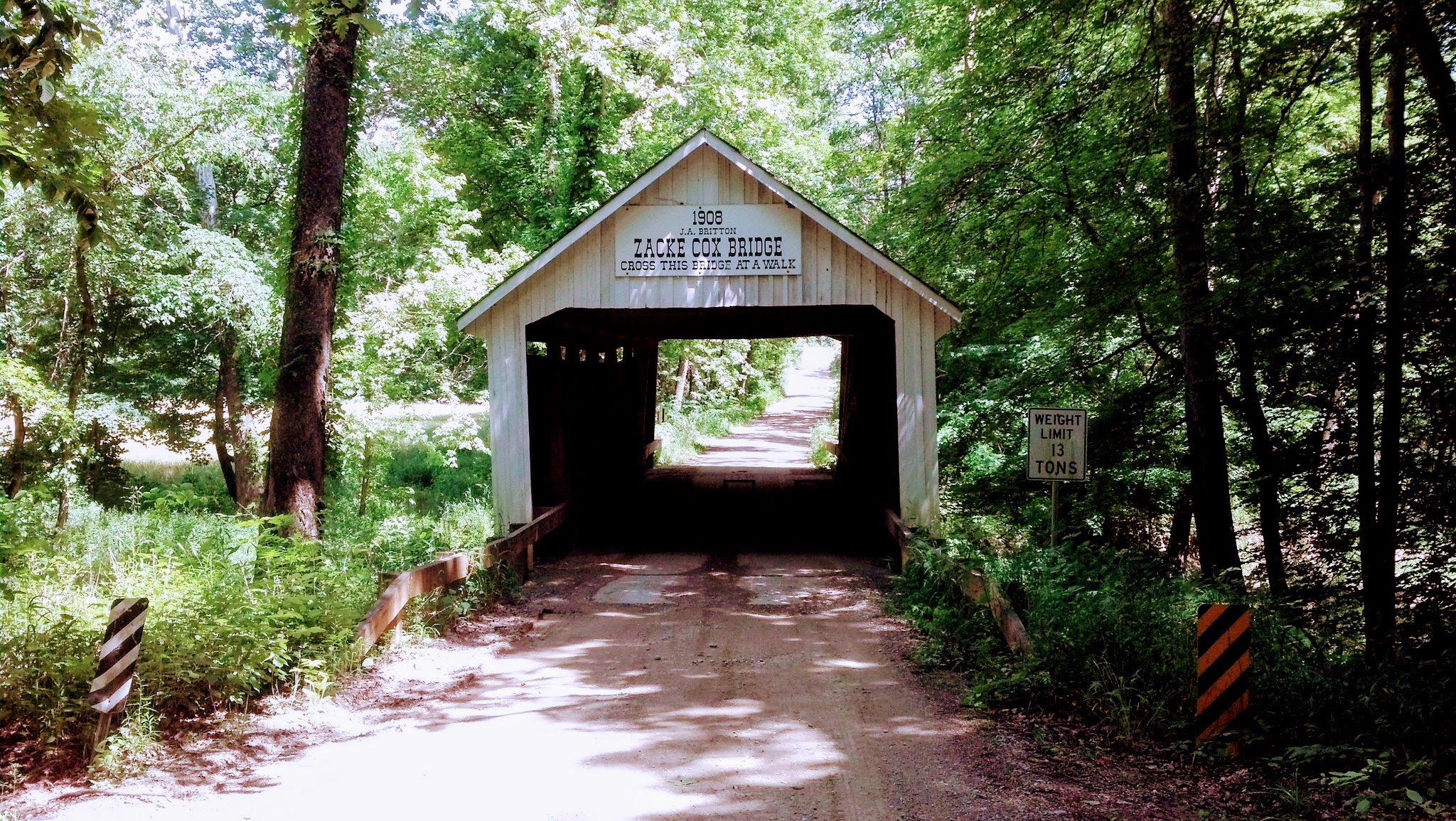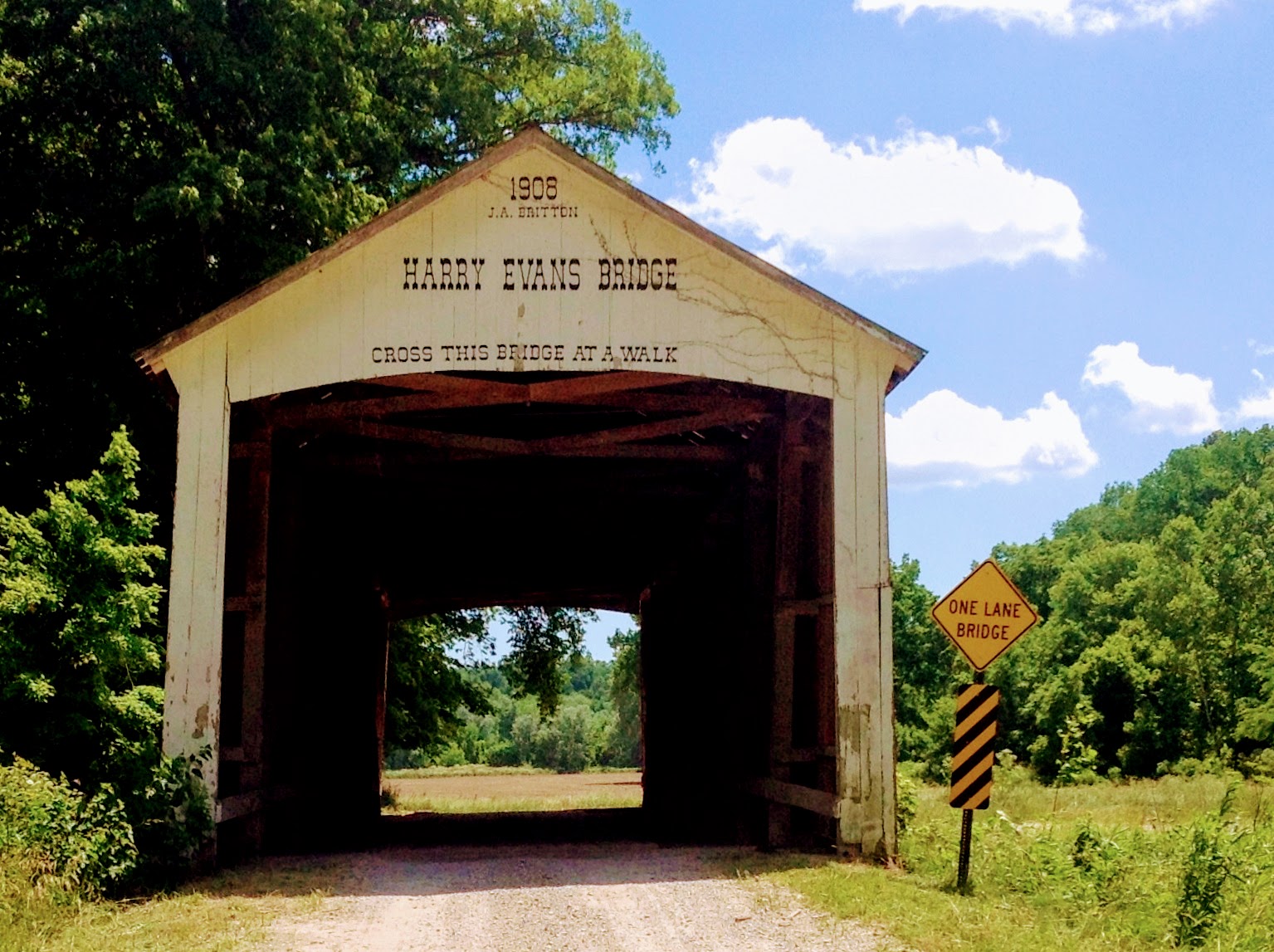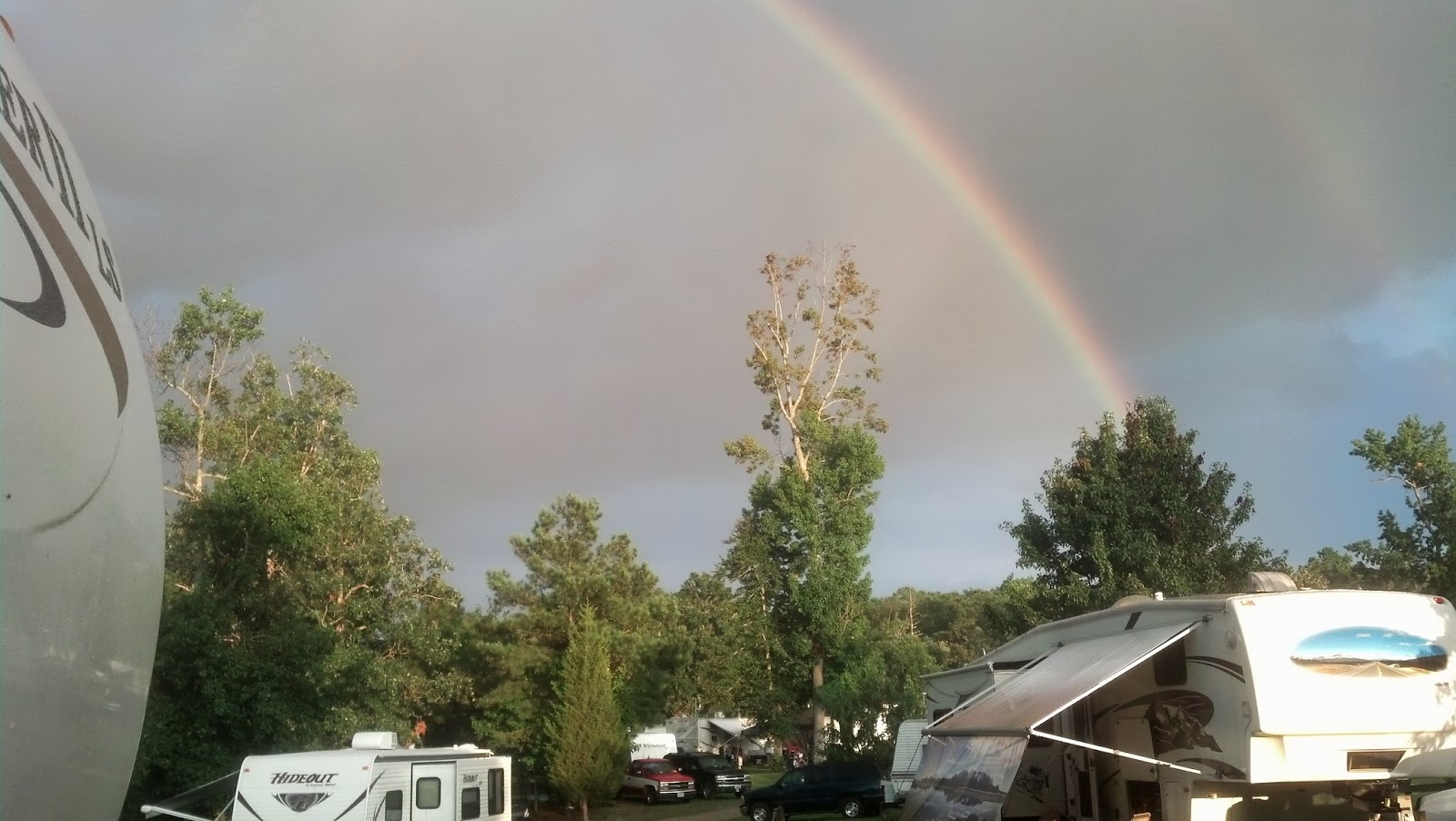Making God’s plan my plan
Isaiah 22: You looked and looked, but you never looked to him who gave you this city…who has long had plans for this city.
Disaster’s coming and Isaiah speaks of it as though it’s already happened, in what’s called “prophetic perfect tense.” He describes the preparation for battle: weapons, fortifications, even the securing of the water supply. It seems they’ve done all they can do. However, they’ve totally missed it. In all their plans they’ve failed to look to the One who has plans of his own for their city. Isaiah says that God’s plan includes their repenting of the sins that brought them to all this in the first place. Instead, they make their own plans and then throw parties, saying, “Eat and drink now, for tomorrow we may die.” This refusal to acknowledge God and, instead, to rely on themselves is going to cost them everything. The truth is that we ought to identify with all this, possibly as a nation, but definitely as individuals. God has plans for you and me and his good will to us has been abundantly demonstrated. With that in mind my life should be focused on him. Instead, I tend to do things my own way and then, once in a while (especially when things get difficult) I pause to look to God and ask him to help me do what I’ve decided to do. That isn’t the way it’s supposed to be. It isn’t that I’m to never have a thought of my own, but it is that I’m to live in partnership with the Lord. Instead, I tend to “look and look” but never look “to him who gave” me life in the first place; to him “who has long had plans” for my life. When I fail to look to him it’s a recipe for disaster.
Take Away: Failing to look to the Lord is a recipe for disaster.
Tag: disaster
Devotional on Joel

Preaching on current events
Joel 1: Have you ever heard of anything like this?
There have been a few times when my Sunday sermon was 100% driven by current events. Some were huge, world shaking events like 9/11, hurricane Katrina, and Desert Storm. Others were powerful events on the more local level: the church gym being destroyed by fire or the death of a beloved member of the church. There are times when the preacher has to lay aside the sermon schedule and deal with what’s already on the minds of everyone. The prophet Joel ministers in such a time. A horrible plague of locusts has swept through the country devouring everything in its path. This is a disaster. Their crops are gone and there’s nothing to eat or with which to feed their livestock. Hunger and even starvation is a real danger. Realizing God has the attention of everyone Joel takes the situation at hand as his text and begins preaching his sermon. That sermon is the three chapter book of Joel.
Take Away: A sermon schedule can’t be driven by current happenings, but sometimes that’s exactly as it should be.
Devotional on Joel

Weeping with those who weep
Joel 1: Get them into God’s Sanctuary for serious prayer to God.
The event that drives Joel’s sermon is a natural disaster. A swarm of millions and millions of locusts have devastated the country. Every green thing has been stripped bare. The result is that famine is most certainly coming to the land. What are they going to do now? One thing Joel calls for is for people to take their fear and pain to the Lord. He says to the priests, “You, who lead people in worship, lead them in lament.” This is no time for empty promises that everything will be okay. Rather, this is a time for fasting and crying out to God. Joel takes his own advice and a few lines later he prays, “God! I pray, I cry out to you!” Today, I find this passage to be frighteningly instructive. It’s quite likely that our version of the disaster of Joel’s day will come. What is the church to do when a hurricane or earthquake or tornado sweeps through the community destroying lives and property? Joel says this is a time for pastors and other leaders to lead the community in lament; a time for “weeping with those who weep.” I’m not ignoring the good that can be done in practical ways, but I’m reminded here that the church isn’t to just “put on a happy face.” It’s okay, and even necessary, for God’s people to lead the way in crying out to God, declaring the pain and suffering of a community in the face of disaster.
Take Away: Sometimes it’s the role of the people of the Lord to lead the way in crying out to God.
Devotional on Joel

Praying in catastrophes
Joel 2: And here’s why: God is kind of merciful.
The prophet sees the natural catastrophe of the locust infestation as a judgment of God. It may be that the Almighty manufactured these bugs specifically to cause the people to stop their march to wickedness. God is God and he has ability to do stuff like that. On the other hand, it may be that the locusts are just a natural phenomenon that God is using to get their attention. Either way this is all under his authority. Joel tells his people that in the face of all that’s happening it’s time for a national turn around. He calls for more than a surface makeover but a real change in which they return to God with their whole hearts. If they do that, Joel promises, they’ll find God to be kind and merciful and they might just see the Lord intervene to cancel the catastrophe that has them reeling. One response to personal disaster should be a reexamination of our lives. If things aren’t as they should be this is a good time to ask the Lord to forgive us and ask him to help us get our act together.
Take Away: One response to personal disaster should be a reexamination of our lives.
Devotional on Genesis

God’s promise
Genesis 8: I’ll never again kill off everything living as I’ve just done.
The flood abates and Noah, his family, and the animals depart the ark. Life on earth gets a fresh start. God’s promise that this will never be repeated is intended to be a source of comfort to us when disasters come our way. God caused the flood with the express purpose of purging the earth. The deaths are his doing, according to his plan. Now, the Giver of Life certainly has the authority to be the Taker of Life, so I have no argument at this point. However, the Almighty knows that unless he assures us otherwise every major disaster will cause people to fearfully look to heaven, wondering if this is the beginning of another purge. After all, it’s not as though we don’t deserve whatever God sends our way. In mercy the Lord promises that the Flood is a once-in-history event that will never be repeated. Because of this promise, we understand that other big disasters are simply the result of living in a world where bad things sometimes happen. The Lord doesn’t want human beings fearing that this is “another end of the world” in the face of every hurricane or volcano eruption or earthquake. Instead, he wants us to live in fellowship with him, trusting him to be with us even in the disasters of life.
Take away: Don’t treat every unwelcome event with a fresh round of self-doubt.
Devotional on Judges

Pitiful
Judges 20: How did this outrageous evil happen?
The final story in the book of Judges is about as dark and evil as it can get. It concerns a man and his concubine. The story contains deviant sexual behavior, rape, and murder. The result is a civil war in which the tribe of Benjamin is practically wiped out. One question asked during the story should ring in our ears: “How did this outrageous evil happen?” How did the descendants of Abraham, this miraculously freed nation of slaves, these recipients of the Ten Commandments, these people chosen to be God’s very own come to this? The answer is “self and sin.” Their faith hasn’t been passed on to their children. Their heroes become more and more flawed. God is forgotten and their society begins to unravel. The writer of Judges concludes in the famous epitaph of the book: “At that time there was no king in Israel. People did whatever they felt like doing.” That, my friends, is a recipe for disaster. I’d better not read this with a detached sense of superiority. I live in a society in which “doing whatever one feels like doing” is the norm. We want a convenient God who does our bidding, but leaves us alone the rest of the time. When Israel tries that the result is disaster. Do we really think we can get away with it?
Take Away: Whether we’re talking about an individual or a nation, it’s foolish to attempt to live apart from God.
